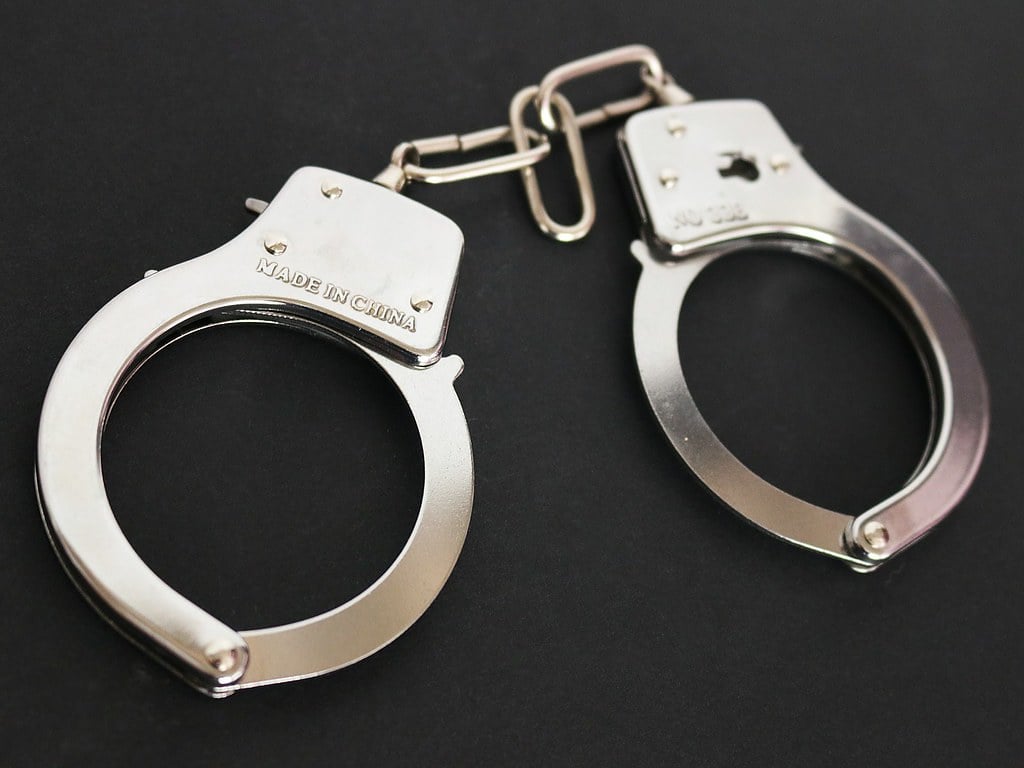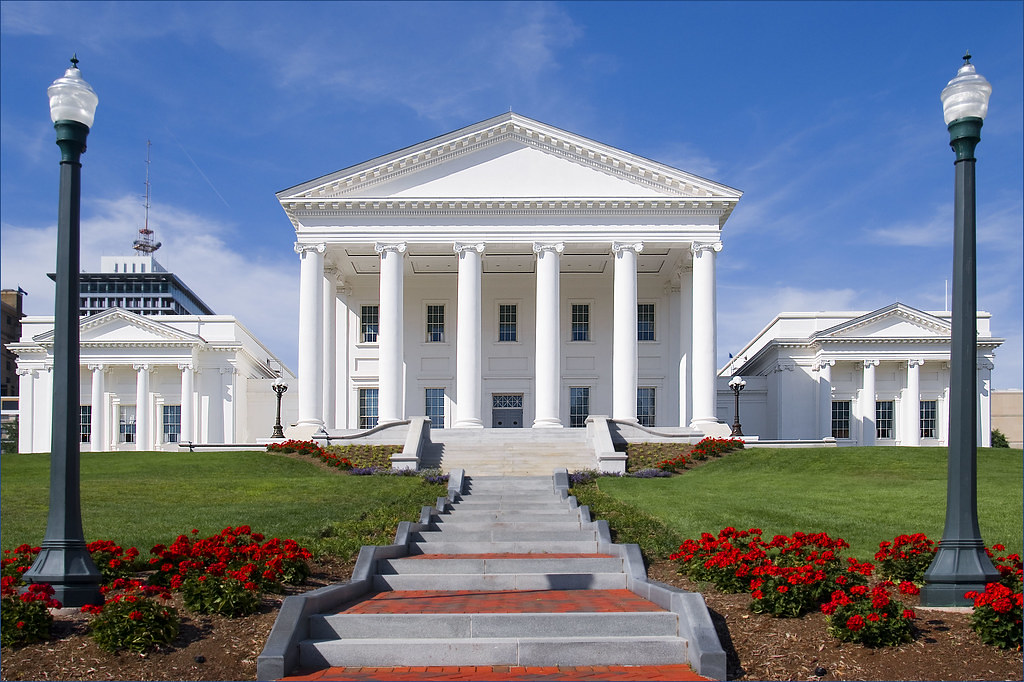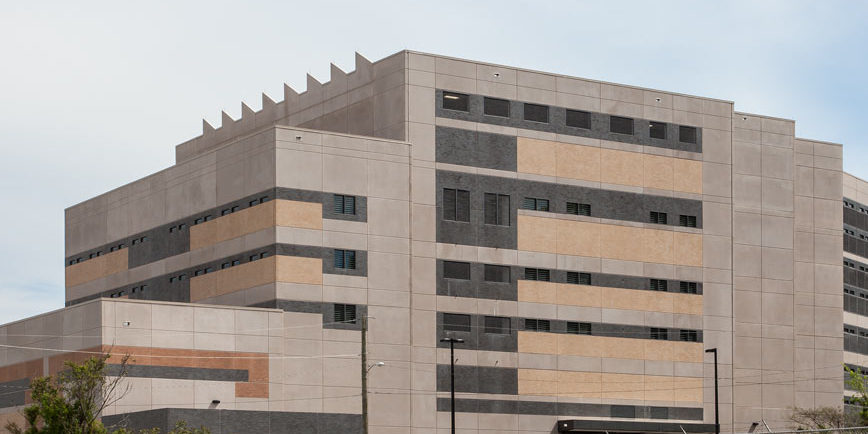A bill that seeks to limit the use of isolated — or solitary — confinement in Virginia’s correctional facilities now faces the Republican-controlled House, who voted down a similar measure earlier in the session. Sen. Joseph Morrissey, D-Richmond, proposed Senate Bill...





